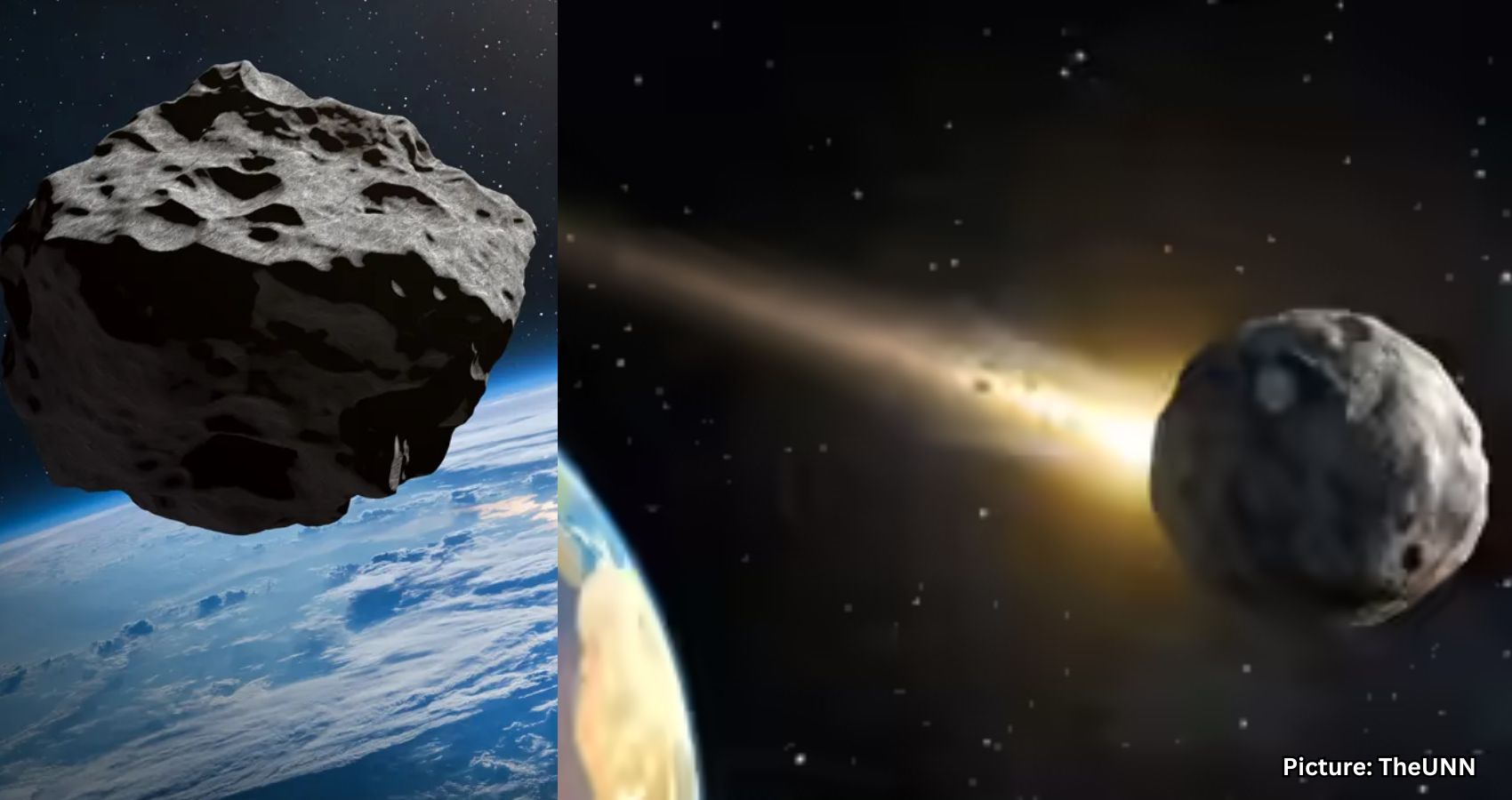Astronomers have identified asteroid 2025 SC79, a skyscraper-sized object orbiting the sun every 128 days, making it the second-fastest known asteroid in the solar system.
Astronomers have made a significant discovery with the identification of asteroid 2025 SC79, a skyscraper-sized space rock that is racing through our solar system at an impressive speed. This celestial body completes an orbit around the sun in just 128 days, ranking it as the second-fastest known asteroid in our solar system.
The asteroid was first observed by Scott S. Sheppard, an astronomer at Carnegie Science, on September 27. According to a statement from Carnegie Science, 2025 SC79 is notable not only for its speed but also for its unique orbit, which is situated inside that of Venus. During its 128-day journey, the asteroid crosses the orbit of Mercury.
“Many of the solar system’s asteroids inhabit one of two belts of space rocks, but perturbations can send objects careening into closer orbits where they can be more challenging to spot,” Sheppard explained. He emphasized that understanding how these asteroids arrive at their current locations is crucial for planetary protection and offers insights into the history of our solar system.
Currently, 2025 SC79 is positioned behind the sun, rendering it invisible to telescopes for several months. This temporary obscurity highlights the challenges astronomers face when monitoring such fast-moving objects.
Sheppard’s ongoing search for “twilight” asteroids is part of a broader effort to identify objects that may pose a risk of colliding with Earth. This research is partially funded by NASA and employs the Dark Energy Camera on the National Science Foundation’s Blanco 4-meter telescope. The aim is to detect “planet killer” asteroids that could be hidden in the sun’s glare.
To confirm the sighting of 2025 SC79, astronomers utilized the NSF’s Gemini telescope and Carnegie Science’s Magellan telescopes. Sheppard, who specializes in studying solar system objects—including moons, dwarf planets, and asteroids—previously discovered the fastest known asteroid in 2021, which orbits the sun in 133 days.
The discovery of 2025 SC79 adds to our understanding of the dynamic nature of our solar system and the potential threats posed by asteroids. As research continues, astronomers hope to gain further insights into these fascinating celestial bodies.
Source: Original article

